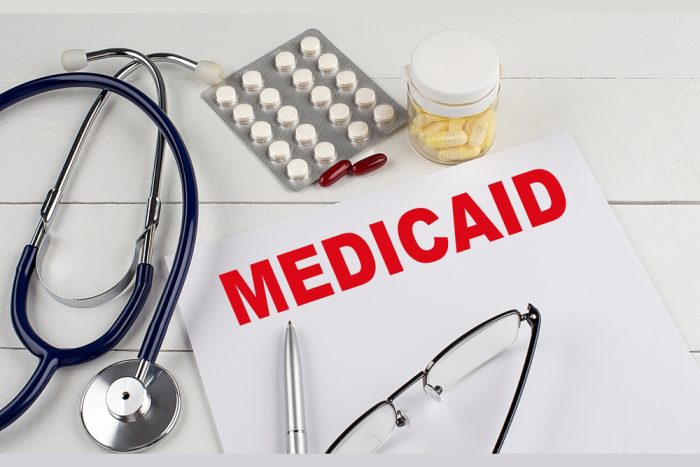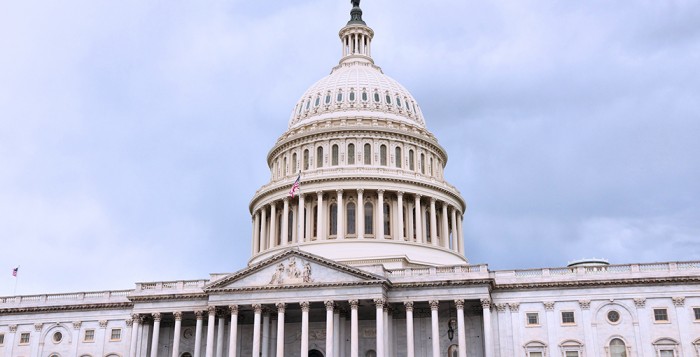The Department of Health and Human Services (HHS), through the Substance Abuse and Mental Health Services Administration (SAMHSA), is announcing the notice of a funding opportunity (NOFO) for a new Hepatitis C Elimination Initiative Pilot. SAMHSA estimates awarding between 13 to 40 grants. This grant will be up to three years, and the amount funded will be based on a tiered system explained in the NOFO. Applications are due no later than August 1, 2025.
The purpose of the Hepatitis C Elimination Initiative Pilot is to leverage existing health care institutions’ capacity to prevent, test for, treat, and cure Hepatitis C (HCV) in individuals with substance use disorder (SUD) and/or severe mental illness (SMI), particularly in communities severely affected by homelessness, as well as to gain insights on effective ways to identify patients, complete treatment, and reduce reinfection. Recipients of this program are expected to implement a holistic approach that integrates HCV and HIV testing, comprehensive prevention treatment, and recovery support services for SUD, SMI, hepatitis C, and HIV as needed. Through this initiative, SAMHSA aims to increase the number of individuals who are cured of HCV, reduce the incidence of HCV and HIV in grant-funded communities, and help address the intersection of SUD, SMI, infectious disease, and homelessness in high-need populations across the nation.
The NOFO and application details can be found at the following websites:
This is a unique opportunity for Certified Community Behavioral Health Centers (CCBHC), as many CCBHCs may have the infrastructure to support this grant and may find this pilot to be aligned with their CCBHC programming.
To prepare and submit an application for the Hepatitis C Elimination Initiative Pilot, it is essential to refer to the specific NOFO and the FY 2025 NOFO Application Guide. The Application Guide provides detailed instructions on the application process, including registration requirements, attachment completion, budget preparation, and adherence to federal policies and regulations.
SAMHSA requires applicants to download application forms from the Grants.gov website and may need additional forms from the SAMHSA website. It is crucial to ensure that all required forms are completed and included in the application. Incomplete applications without all the necessary forms may be deemed ineligible for review.

















